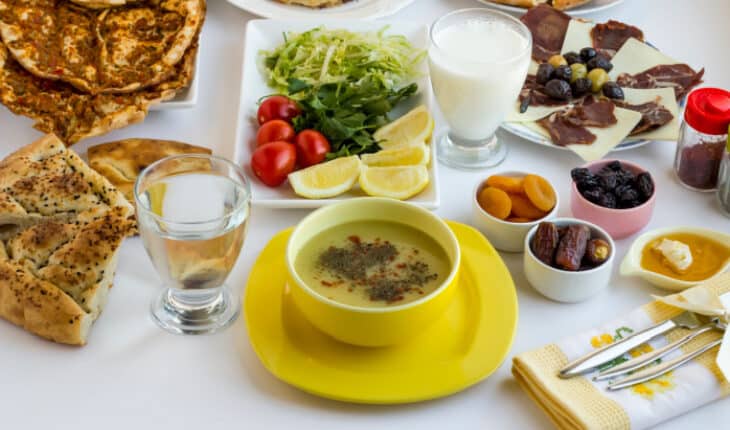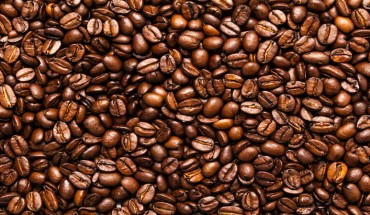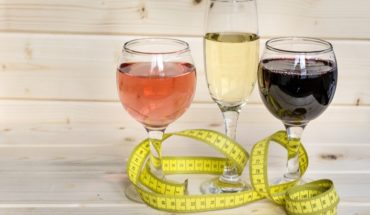With Ramadan 2024 expected to begin around 10th March, the British Nutrition Foundation are highlighting the importance of eating well to support health during the month of fasting.
Millions of Muslims observing Ramadan will not eat or drink anything during daylight hours and so, good nutrition and hydration is key. The Foundation has tips for what to eat and drink before and after the fast as well as information on how fasting can affect health.
What to eat for suhoor (the early morning meal eaten before dawn). At suhoor you need to make sure you hydrate well for the day ahead and eat foods that will keep you going until the evening:
- Fuel up with carbohydrates: choose starchy foods, especially wholegrains, to provide slow-release energy – try oats, high fibre breakfast cereals, wholegrain breads, rice or other grains.
- Add protein: protein can help to keep you feeling fuller so is a good addition at suhoor – try dishes made with beans and pulses, yogurt, nuts or nut butters.
- Avoid salt: salt stimulates thirst so avoid salty foods such as hard cheeses or processed meats as these could leave you feeling thirsty during the day of fasting.
What to eat for iftar (when the fast is broken after sunset). At iftar you need to rehydrate and refuel but without overdoing it. Many people will attend special prayers or do extra worship during the night and being too full will make this difficult and uncomfortable.
- Rehydrate: it’s best to drink mostly water rather than having a lot of sugary drinks such as juices, smoothies, milkshakes or soft drinks.
- Refuel: dates are a traditional way to break the fast and they are a good choice as they provide natural sugars for energy as well as fibre and other essential nutrients. Other traditional choices to start the iftar meal include soup or fresh fruit, which both provide some energy and nutrients as well as fluid.
- Avoid excess: after a long day of fasting it’s natural to want to enjoy the iftar meal. But it’s best to avoid having too many deep fried, fatty, or sugary foods. Keep portions small if you do include them and, if you’re having a big meal with lots of different dishes, keep to a few favourites instead of trying everything.
Bridget Benelam, Nutrition Communications Manager at the Foundation, said:
“Some studies suggest that Ramadan fasting could be beneficial for health, and many traditional foods served at iftar meals, such as dates and vegetable-based soups are healthy choices. But overindulging on less healthy dishes during Ramadan is counterproductive and some people actually gain weight during the month. When planning meals during Ramadan, include plenty of dishes based on vegetables, wholegrains and pulses and fewer deep-fried foods, such as samosas, and sweets.”
More information from the British Nutrition Foundation about a healthy Ramadan.
- The da Vinci 5 Robot Is Set To Transform Bariatric Care: - 31st March 2025
- Beyond money: the hidden drivers fuelling child food insecurity - 31st March 2025
- Tobacco and Vapes Bill - 31st March 2025






